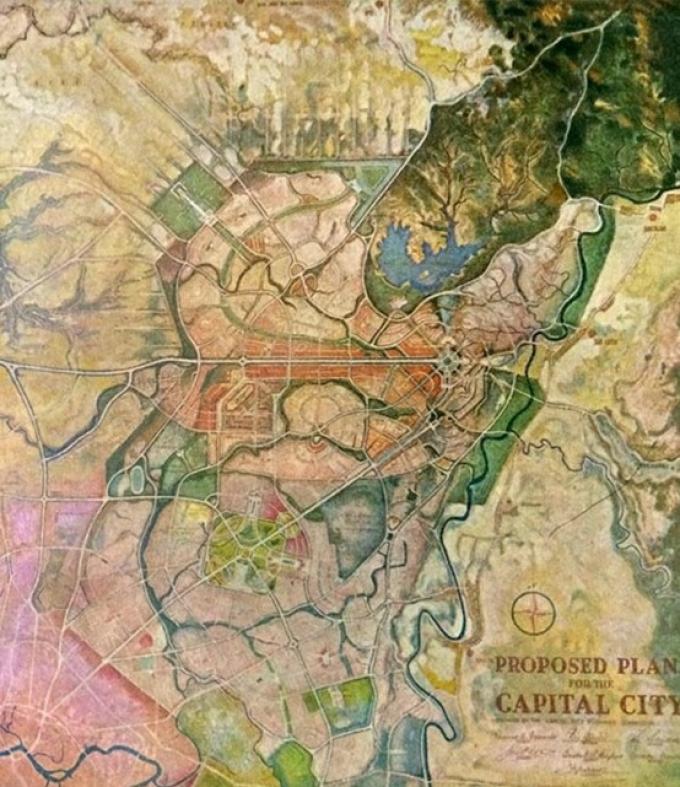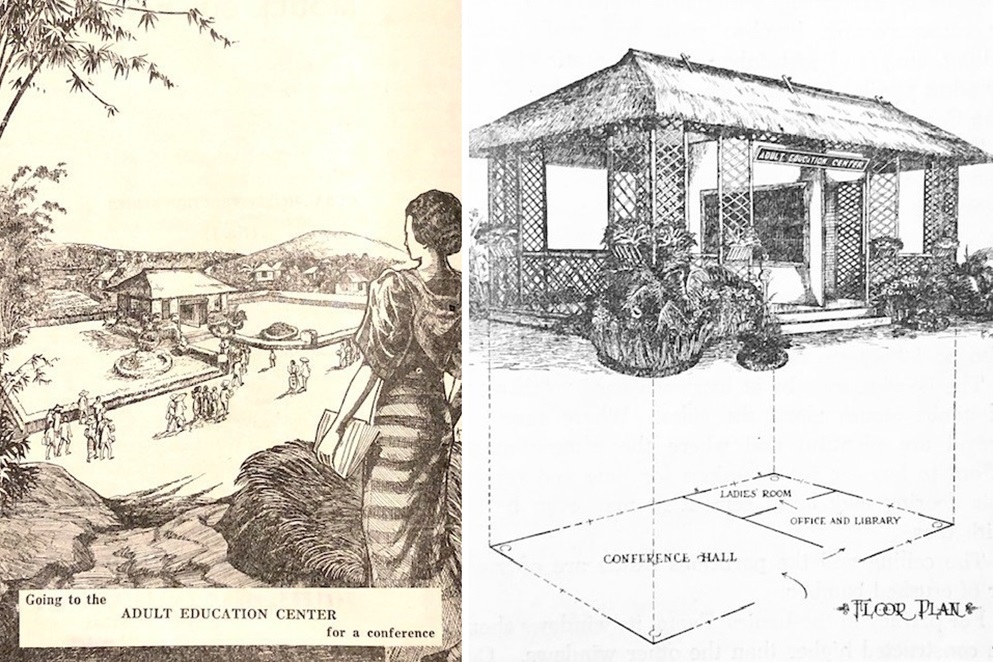The project investigates the forces shaping Philippine society during American colonization’s concluding phase. Focusing upon the Bureau of Public Works (BPW) within the frame of the Commonwealth Era, the study examines environmental transition in the run-up to national independence. In 1898 the United States’ (US) colonization of the Philippines began. By the early-1900s public works schemes were initiated to help liberate the country from its allegedly ‘backward’ condition. In 1916, to bolster the ‘uplifting’ process, the Jones Act was passed. It permitted Filipinos to take control of government offices. With, in 1934, the Tydings-McDuffie Act being passed and the US announcing its intention to imminently withdraw from the Philippines, the Commonwealth Government (CG) set out on an ambitious nation-building course of action: a comprehensive urban and rural public works program was established and a new capital city, Quezon City, was devised.

The inquiry will probe how the BPW’s operations aligned environmental development/betterment to the decolonization process in order to support the CG’s aspiration of constructing a modern nation in the lead-in to national independence. Accordingly, the project shall assess the achievements of the BPW in terms of both infrastructure and institution building. In doing this BPW staff will be examined. By researching their education and careers the study will thus reveal Filipino agency in the formation of the soon-to-be independent republic. Additionally, the study will evaluate the influence of President Manuel Quezon. Whilst it is known Quezon sought to promote social justice through, for instance, agrarian reform, new housing schemes, and urban planning projects, little is presently known about the creation and proliferation of his administration’s environmental management strategy. Likewise, by focusing on an important public office, i.e. the BPW, the investigation will uncover in what ways, or not, the CG conformed to the principles of American-styled democracy implanted by the colonial administration from 1916 in preparing Filipinos for self-rule.

The study, in opening a new window to comprehend the American Empire, will present original insights of the association between societal progress, governance by native persons, and environmental management. In focusing upon a relatively unstudied era of the Philippines’ past, and in discussing national initiatives alongside local involvements to develop rural and urban environments, the project will be of interest to scholars interested in Philippine society’s evolution and the development of colonial and new postcolonial capitals in Asia, e.g. Putrajaya (Malaysia), Naypyidaw (Myanmar) and Islamabad (Pakistan).


